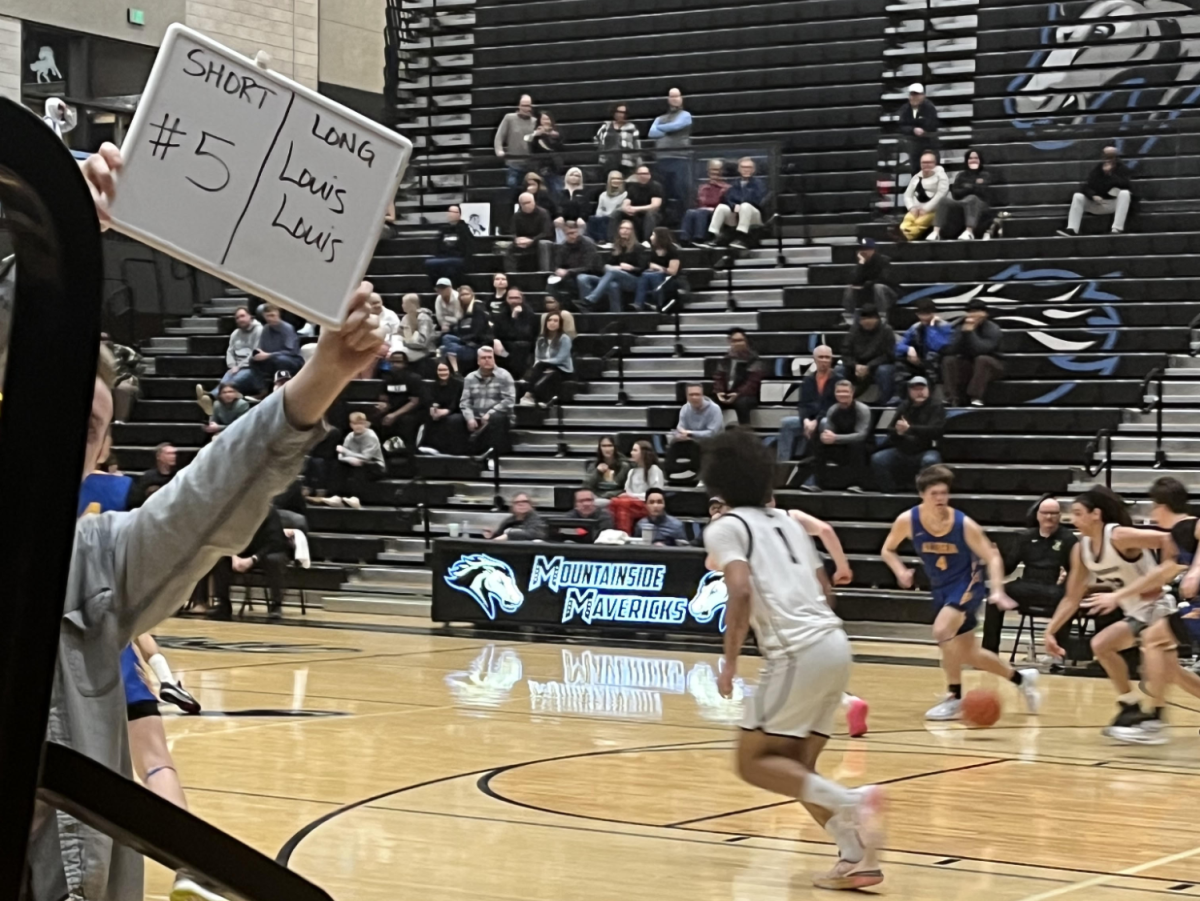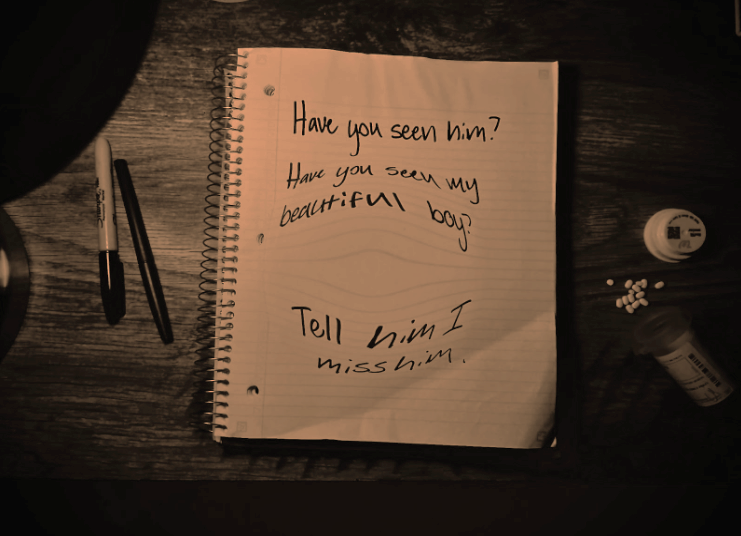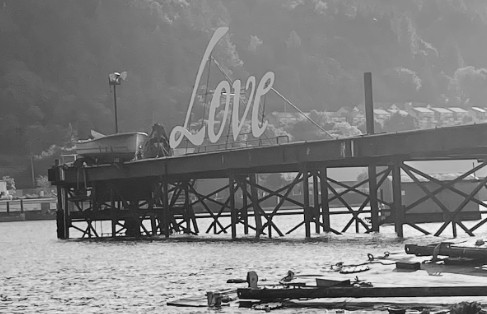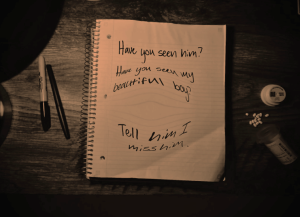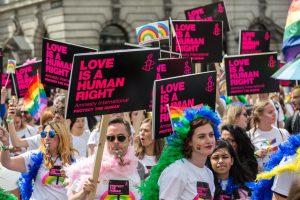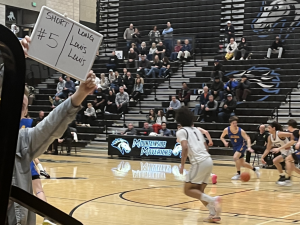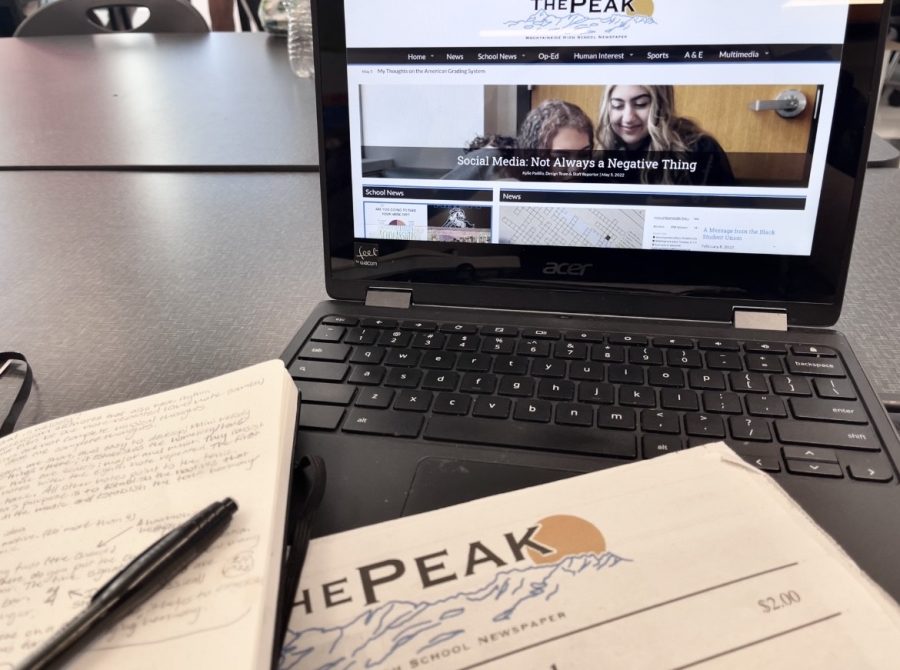Measure 110 is the Measure We Need for Racial Equality
The recent passage of Measure 110, which decriminalized all drugs in Oregon, will have extraordinary effects on racial equality in our criminal justice system
November 12, 2020
What is Measure 110? How does it work?
Measure 110, in the most simple terms, will decriminalize all drugs in Oregon. This doesn’t mean that all drugs have been legalized; which a lot of people think occurred. The penalties of petty drug offenses have simply been shifted from a criminal conviction to a civil conviction (think like a parking ticket). People caught with petty amounts of drugs will be moved from jail to rehabilitation facilities, all paid for by the savings of prisons and jails, and marijuana taxes.
This system is similar to that of Portugal, which implemented a drug decriminalization policy in 2001. This system works similarly to how Oregon’s is framed to take place, with civil charges (including community service) still being applied to those with petty drug possession.
Has this system worked?
The simple answer, yes. This system in Portugal has worked to the benefit of their citizens in nearly every measurable way. Drug use among those aged 15-24, rates of past-month and past-year drug use, problematic drug use (overdoses), and rates of drug continuation have all decreased. Additionally, new HIV cases have decreased from 1,016 to 56, and for regular drug users, new HIV cases have decreased from 568 to just 38.
So the system works to help drug use, but how will that impact our racial equality in Oregon’s criminal justice system?
The punishments for crimes related to drug possession have always been a class-dividing issue. When stars, such as Demi Lovato, Bradley Cooper, or Robert Downey Jr., slip up and fall into addiction they are rarely put into jail. Most often, they are released to a rehabilitation facility so that they can (hopefully) get better on the path to recovery. The issue lies that not everyone can afford access to world-class rehab facilities, most of the time people can’t afford any sort of rehab period.
The rates of wealth in the US are race-dividing in themselves, as a black person is 1.8x more likely to go into poverty than a white person. Paired with a 3.7x higher rate of arresting and convicting black people as compared to white people (despite drug use being roughly the same among the racial groups) has led to our current disparities in the criminal justice system.
These disparities (as well as search and seizure, as we’ve seen in the racist “Stop and Frisk” laws) have epitomized the embodiment of the Black Lives Matter movement.
With police reform on the mind, the work of Measure 110 is a starting point to get our nation on the right track in criminal justice reform. Passing acts, helping people get better instead of punishing them is exactly what “Defund the Police” stands for. Moving money from intentionally harmful institutions (in this case jails) and moving them to places where they can focus on treatment (rehab facilities).
Sources:
“14 Celebrities in Recovery: Famous Faces Who’ve Battled Addiction.” WebMD, WebMD, www.webmd.com/mental-health/addiction/ss/slideshow-celebs-addiction-recovery.
Bureau, U.S. Census. “Poverty Rates for Blacks and Hispanics Reached Historic Lows in 2019.” The United States Census Bureau, 15 Sept. 2020, www.census.gov/library/stories/2020/09/poverty-rates-for-blacks-and-hispanics-reached-historic-lows-in-2019.html.
“Drug Decriminalisation in Portugal: Setting the Record Straight.” Transform Drug Policy Foundation, 21 May 2020, transformdrugs.org/drug-decriminalisation-in-portugal-setting-the-record-straight/.
“Report to the United Nations on Racial Disparities in the U.S. Criminal Justice System.” The Sentencing Project, 1 May 2018, www.sentencingproject.org/publications/un-report-on-racial-disparities/.




